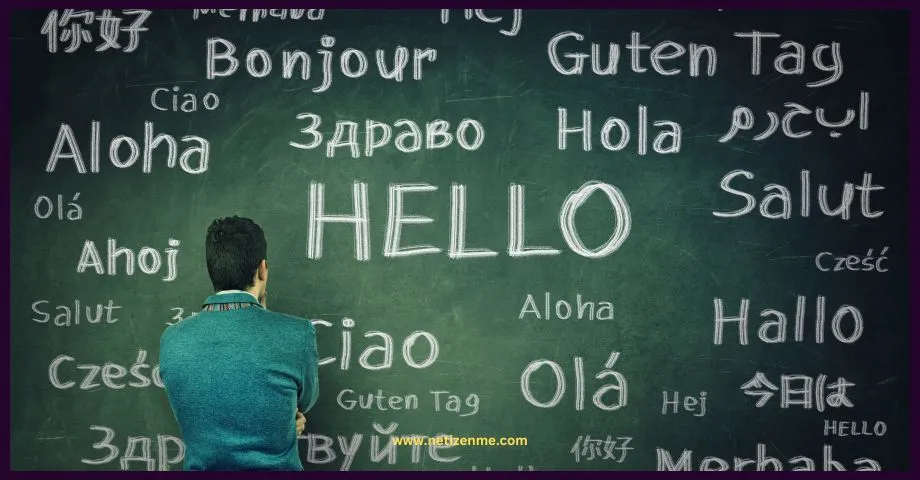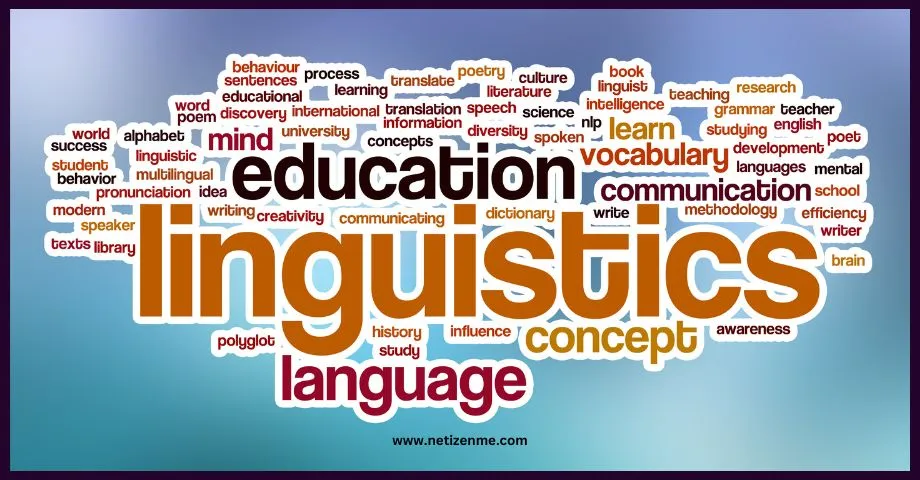Grooming or conditioning an interpreter involves specialized training, ongoing practice, and professional development. Effective interpreters possess solid linguistic skills, understand cultural nuances, maintain high ethical standards, and continuously improve their craft. This blog post explores the essential components of grooming and conditioning an interpreter, covering key areas such as foundational training, skill enhancement, ethical considerations, and ongoing professional development.
Foundational Training for Conditioning an Interpreter
Language Proficiency
Language proficiency is the cornerstone of effective interpreting. Aspiring interpreters must achieve fluency in both their source and target languages. This fluency includes conversational ability and a deep understanding of grammar, idioms, and cultural references. Formal education, such as a linguistics or language studies degree, can provide a solid foundation.
Specialized Training Programs
Specialized training programs offered by universities and professional organizations are essential for honing interpreting skills. These programs cover various interpreting modes, such as simultaneous, consecutive, and sight translation. Participants engage in practical exercises and simulations and receive feedback from experienced professionals. These structured learning experiences are crucial for developing the precision and agility required in real-world interpreting.
Skill Enhancement
Practical Experience
Interpreters need hands-on experience. Internships, volunteer opportunities, and entry-level positions allow interpreters to apply their skills in diverse settings. This practical exposure helps them build confidence, refine their techniques, and adapt to different interpreting environments, whether in medical, legal, or conference settings.
Continuous Practice
Continuous practice is key to maintaining and improving interpreting skills. Interpreters should regularly engage in exercises that mimic real-life scenarios, such as practicing simultaneous interpreting with recorded speeches or performing consecutive interpreting in study groups. Consistent practice helps interpreters stay sharp and responsive, ensuring they can handle the pressures of live interpretation.
Ethical Considerations
Adherence to Professional Standards
Interpreters must adhere to professional, ethical standards to ensure the integrity and reliability of their work. These standards include maintaining confidentiality, demonstrating impartiality, and avoiding conflicts of interest. Organizations such as the National Association of Judiciary Interpreters and Translators (NAJIT) provide guidelines that interpreters must follow to uphold these ethical principles.
01. Maintaining Confidentiality
Confidentiality is a fundamental ethical standard for interpreters. It involves protecting all information disclosed during the interpretation process. This includes not sharing sensitive details discussed in private settings, such as medical consultations, legal proceedings, or business negotiations. Maintaining confidentiality ensures that clients feel secure in sharing information, knowing it will not be disclosed to unauthorized parties. For example, interpreters working in healthcare must not reveal patient information to anyone not involved in the patient’s care, in compliance with laws like HIPAA in the United States.
02. Demonstrating Impartiality
Interpreters must remain neutral and unbiased, regardless of personal feelings or opinions about the parties involved or the subject matter. This standard is crucial to provide accurate and fair interpretation. Interpreters should not take sides, offer personal opinions, or let their beliefs influence their interpretation. For instance, in a court setting, an interpreter must translate testimony and legal arguments accurately without allowing their personal views on the case to interfere.
03. Avoiding Conflicts of Interest
Avoiding conflicts of interest means that interpreters must disclose any situation where their interests could compromise their professional judgment. A conflict of interest might arise if an interpreter has a personal or financial relationship with a party involved in the interpretation session. For example, an interpreter should not interpret when a family member is engaged or in a business meeting where they have a financial stake. By avoiding such conflicts, interpreters ensure their work remains objective and trustworthy.
04. Why These Standards Matter
These ethical standards—maintaining confidentiality, demonstrating impartiality, and avoiding conflicts of interest—are vital for preserving the integrity of the interpreting profession. They help build trust between the interpreter, client, and other stakeholders, ensuring effective, accurate, and respectful communication. By adhering to these principles, interpreters uphold the quality and reliability of their services, which is essential in sensitive and critical situations such as legal trials, medical consultations, and diplomatic negotiations.
Cultural Competence
Cultural competence is essential for interpreters. Understanding cultural nuances and context helps interpreters convey messages accurately and sensitively. Interpreters should continually educate themselves about the cultures associated with the languages they work with, participating in cultural events and studying cultural literature to deepen their understanding.
Language Competence
Language competence is foundational for interpreters, encompassing grammatical, sociolinguistic, discourse, and strategic elements. Interpreters must deliver accurate translations by ensuring the original meaning is preserved and conveyed accurately. This involves a deep understanding of both the source and target languages, enabling interpreters to adapt to different contexts by switching styles and registers according to the situation, whether it’s a formal legal setting or a casual conversation. Additionally, interpreters must handle nuances and idioms effectively, accurately understanding and translating idiomatic expressions and cultural references to maintain the intended message and cultural sensitivity. This comprehensive language competence is crucial for effective and precise communication across diverse scenarios.
Ongoing Professional Development
Attending Workshops and Conferences
Professional development does not end with initial training. Interpreters should regularly attend workshops, conferences, and seminars to stay updated on industry trends, new technologies, and best practices. These events provide networking opportunities, learning from peers, and gaining insights from experts in the field.
Certification and Continuing Education
Certification from recognized bodies, such as the American Translators Association (ATA) or the International Association of Conference Interpreters (AIIC), validates an interpreter’s professional skills and commitment. Additionally, interpreters should pursue continuing education courses to expand their knowledge and adapt to evolving demands in the interpreting landscape.
Utilizing Technology
Interpretation Tools and Software
Incorporating technology into their practice can enhance interpreters’ efficiency and accuracy. Tools like computer-assisted interpreting (CAI) software, glossary management applications, and simultaneous interpreting equipment are invaluable. Interpreters should familiarize themselves with these technologies and integrate them into their workflow to stay competitive.
Online Resources and Communities
The internet offers many resources for interpreters, from online courses to professional forums. Interpreters can join communities like ProZ.com to access job and volunteer opportunities, exchange knowledge with peers, and participate in discussions on industry topics. Leveraging these resources supports continuous learning and professional growth.
The Role of Mentorship
Guidance from Experienced Interpreters
Mentorship is a powerful tool in an interpreter’s development. Experienced interpreters can offer invaluable advice, share their experiences, and provide constructive feedback. Establishing a mentor-mentee relationship helps novice interpreters navigate the profession’s challenges and accelerate their learning curve.
Peer Feedback and Collaboration
Peer feedback and collaboration also play a crucial role in an interpreter’s growth. Interpreters can benefit from peer reviews of their work, engage in practice sessions with colleagues, and collaborate on interpreting projects. This collective approach fosters a supportive learning environment and enhances skill development.
Conclusion
Grooming and conditioning an interpreter is an ongoing process that requires dedication, continuous learning, and adherence to high ethical standards. From foundational training and practical experience to moral considerations and ongoing professional development, each aspect is crucial for an interpreter’s success. By embracing these elements, interpreters can excel in their profession, delivering accurate and culturally sensitive interpretations that effectively bridge language barriers.
References
References
- Bachman, L. F. (1990). “Fundamental Considerations in Language Testing.” Oxford University Press.
- Canale, M., & Swain, M. (1980). “Theoretical bases of communicative approaches to second language teaching and testing.” Applied Linguistics, 1(1), 1-47.
- American Translators Association (ATA). “Code of Ethics and Professional Practice.” ATA
This article is written by:
Our professional writers and editors are passionate about sharing high-quality information and insights with our audience. We conduct diligent research, maintain fact-checking protocols, and prioritize accuracy and integrity to the best of our capacity.
You can cite our articles under the author name "Netizenme"



